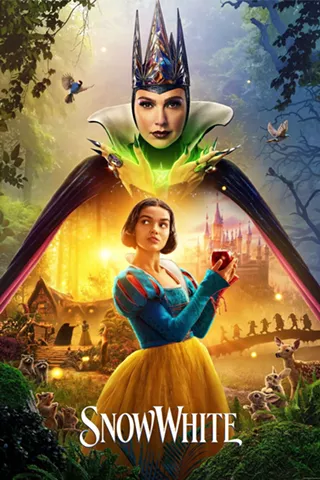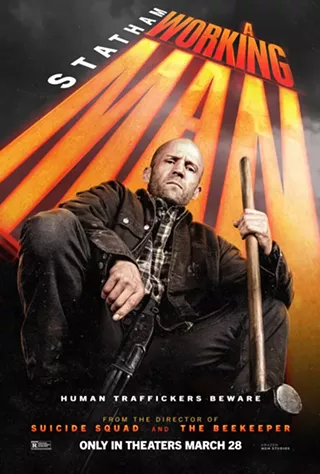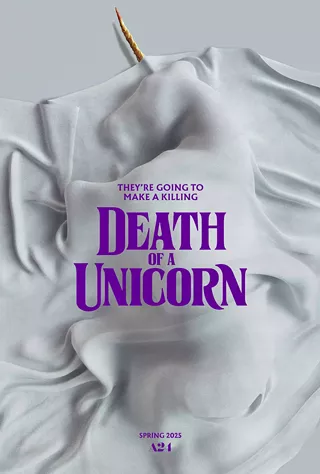Unmistaken Child is one of the strangest romance films I've ever seen. It tells, in documentary form, the story of Tenzin Zopa, a disciple of Geshe Lama Konchog. Geshe was a leading figure in Tibetan Buddhism, and when he passed away at the age of 84, Tenzin, described as his "heart disciple," was overwhelmed with grief.
Tenzin was clearly and completely in love with Geshe (though, by Buddhist practice, their relationship would have been nonsexual), and it's odd and moving to hear him recount their relationship.
He starts by noting, somewhat eerily, that he's never had to make decisions for himself: He would simply do whatever Geshe told him to, from the time he woke up to the moment he went to sleep. Now, without his master, he's presented with the task of finding the reincarnated soul of the great lama.
He then travels across Nepal, recounting the days when he was in the presence of his beloved teacher. He talks of sitting in his master's lap and reciting prayers, of adorning Geshe with flowers while he prayed, and of his parents' attempts to sway him away from his devotion by promising him a wife. "I'm totally not interested in that," he told them, and, at the age of 7, he rejected the world of heterosexual unions and material acquisitions and went to live a life of poverty in the all-male world of the Buddhist monasteries.
Which is, by American standards, strange, and therefore interesting. The film's subject is what makes it work; Tenzin is really compelling. He's so human, and his love for Geshe and his grief come across as far more real than anything in a fictional romance or even the strangely staged emotions one sees on reality TV. When Tenzin cries at the sight of his master's old sanctuary, the effect is devastating.
Unfortunately, I can't say that this is a great film. While Tenzin Zopa is the perfect subject for a documentary, first-time filmmaker Nati Baratz makes some rookie mistakes. The worst is the intrusion of manipulative cello and violin music. Baratz even plays this over Tibetan chanting, which seems oddly counterproductive. The emotions in this film should, and can, speak for themselves, and if music was required, it would have been more fitting to go with something local to the subject matter. The mountains of Nepal provide an easy target for Baratz's camera, so the film at least looks great, and the task of following Tenzin Zopa on what turns out to be a five-year journey is impressive, but the film is mostly a chronological portrayal of the quest, with little critical distance.
Things become most interesting when Tenzin "finds" the reincarnated Geshe in the form of a young boy. (His precise age isn't given, but he looks to be no older than 3.) Anyone with a background in experimental design will see the flaws in the tests used to "prove" that the boy is Geshe, but what makes this compelling is the strange situation the child is put in. He's taken from his parents and told he's a great master; he meets the Dalai Lama; hundreds of people line up to be blessed by him; he gets some shiny toys.
It's bizarre to see someone so young dressed in celebratory robes and treated as an object of adoration. Even odder is seeing him act like the small child he is. I've never before seen a religious leader crying out for his mommy and daddy, or demanding to be taken to his grandmother's house, or yelling, "Don't cut my hair! Don't cut my hair!" In short, he is easily the cutest enlightened master in the world.
At least at this point, the film acquires, with little effort on the part of the director, some critical stance toward its subject. When Tenzin Zopa makes his final request to the boy's parents for possession of their son, the affective quality overcomes the accepting stance toward the Buddhist practice. At first, the mother and father are laughing, but then the young lama's mother looks as though she's been shot through the heart at the thought of giving up her child.
Unlike Tenzin Zopa, the young reincarnate doesn't get to make a choice to become a monk. Taken up by forces he clearly cannot understand, he oscillates between laughing and enjoying his new status and the terror of being taken from everything he's known. Here, at least, questions are raised about the practices, and, smartly, no simple answers are given.
That's because Baratz does his best to let his subject speak through the film without imposing any narration or editorial content. While the film could have been better-constructed, and would have benefited from some editing, it's still an interesting document of a form of life so distinct from the ideologically capitalist and unquestioningly heterosexual norm we usually see in American cinema.










